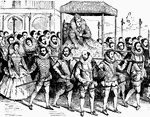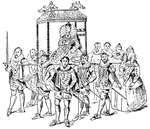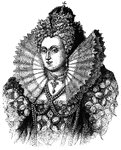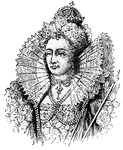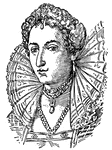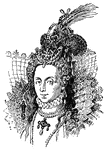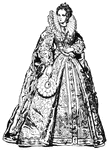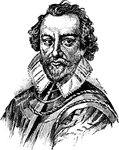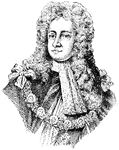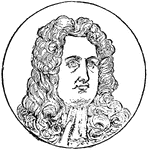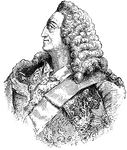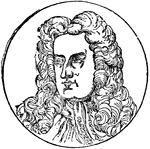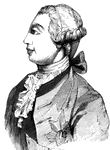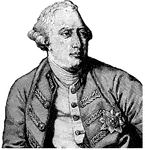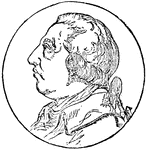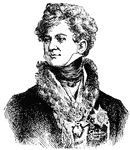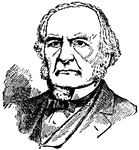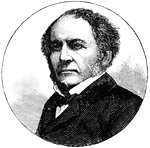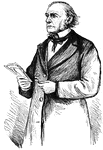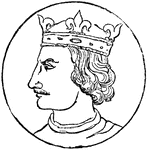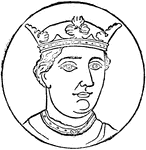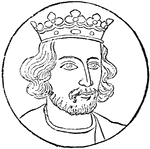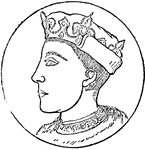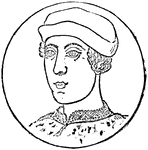The United Kingdom Famous Persons ClipArt gallery includes 213 illustrations of royalty, prime ministers, ecclesiastical and military authorities, and other persons of note.

Edward VI. Writing His Journal
Edward VI became King of England and Ireland on January 28, 1547, at just nine years of age. Edward,…
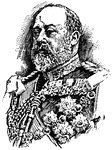
Edward VII
(1841-1910) King of the United Kingdom during 1901-1910. The eldest son of Queen Victoria

Albert Edward
Prince of Wales, Edward VII, was the King of the United Kingdom of Great Britain and Ireland, King of…
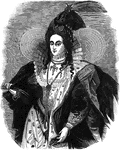
Queen Elizabeth
Elizabeth I (7 September 1533 – 24 March 1603) was Queen of England and Queen of Ireland from 17 November…
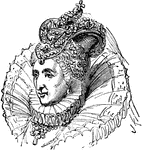
Elizabeth I of England
Elizabeth I (7 September 1533 – 24 March 1603) was Queen of England and Queen of Ireland from…
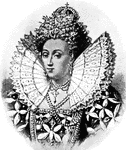
Queen Elizabeth
"Queen Elizabeth was the daughter of Henry VIII, by Anne Boleyn. Her reign is one of the most remarkable…
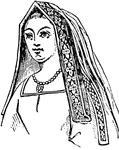
Elizabeth, Queen of Henry VII
"The angular head-dress of Elizabeth, Queen of Henry VII." — Encyclopedia Britannica, 1893
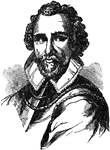
Martin Frobisher
Sir Martin Frobisher (c. 1535 or 1539 – November 22, 1594) was an English seaman (from Wakefield,…
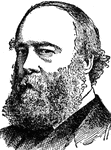
Robert Arthur Talbot Gascoyne-Cecil
(1830-1903) English statesman, Prime Minister, Marquis of Salisbury.
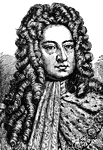
King George I of Great Britain
George I (28 May 1660 – 11 June 1727) was King of Great Britain and Ireland from 1 August 1714…
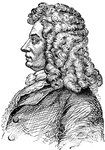
George I, King of England
The King of Great Britain and Ireland from August 1, 1714 until he died on June 11, 1727.
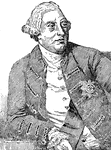
George III
The King of Great Britain and King of Ireland until their union in 1801. He continued his reign over…

Usual Appearance of George III. About 1776 (From a sketch by Gear.)
George III (George William Frederick; 4 June 1738 - 29 January 1820) was King of Great Britain and King…
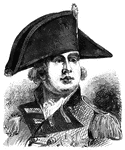
George III, King of England
"King George III, king of England during the old Confederation."—E. Benjamin Andrews, 1895
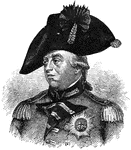
George III, King of England
"George III (1760-1815). The first two Hanoverian kings were ignorant of English politics and obliged…
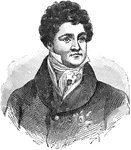
George IV
George IV (George Augustus Frederick; 12 August 1762 - 26 June 1830) was king of the United Kingdom…
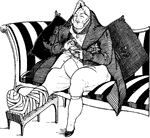
George IV
George IV or George Augustus Frederick (12 August 1762 – 26 June 1830) was king of the United…
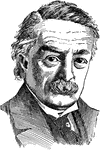
David Lloyd George
The Prime Minister of the United Kingdom from 1916 to 1922 and Leader of the Liberal Party from 1926…
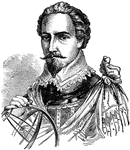
Sir Humphrey Gilbert
Sir Humphrey Gilbert (c. 1539 – 9 September 1583) of Devon in England was a half-brother of Sir Walter…
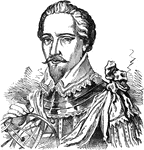
Sir Humphrey Gilbert
Sir Humphrey Gilbert (c. 1539 - 9 September 1583) was an English murderer, adventurer, explorer, member…
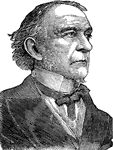
William Gladstone
"He assisted in the making of history for nearly half a century, and is, in some respects, the most…
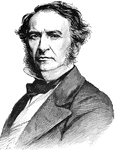
William E. Gladstone
William Ewart Gladstone (1809 – 1898) was a British statesman of the Liberal Party. In a career lasting…
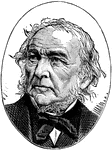
William Ewart Gladstone
William Ewart Gladstone (29 December 1809 - 19 May 1898) was a British Liberal Party statesman and four…
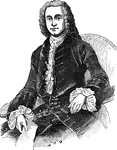
George Grenville
George Grenville (14 October 1712 - 13 November 1770), was a British Whig statesman who served in government…

Queen Henrietta Maria
Queen Henrietta Maria was Queen Consort of England, Scotland and Ireland through her marriage to Charles…
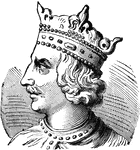
Henry I of England
Henry I (c. 1068/1069 – 1 December 1135) was the fourth son of William I the Conqueror, the first…
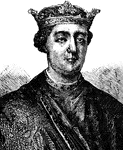
Henry II
Henry II of England (5 March 1133 – 6 July 1189) ruled as King of England (1154–1189). Henry…
Henry III of England
Henry III (1207 – 11272), also known as Henry of Winchester, was King of England, Lord of Ireland…
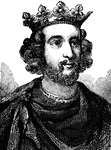
Henry III
Henry III (1 October 1207 – 16 November 1272) was the son and successor of John "Lackland" as…
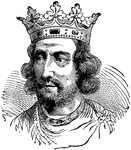
Henry III of England
Henry III (1 October 1207 – 16 November 1272) was the son and successor of John "Lackland" as…
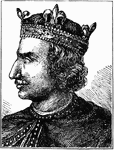
Henry the First
Henry I (c. 1068/1069 – 1 December 1135) was the fourth son of William I the Conqueror, the first…
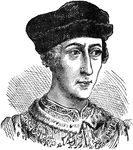
Henry V of England
Henry V (16 September 1386 – 31 August 1422) was one of the most significant English warrior kings…
